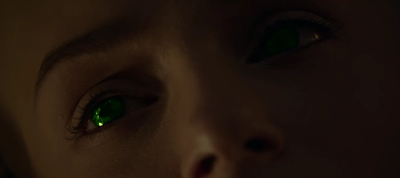Few things are as synonymous with the pop culture idea of the cult as the great cult atrocity stories: the Manson Family murders, the cult massacre at Jonestown, and the siege at Waco have become irresistible gravitational forces of narrative.
They have defined the idea of what being in a cult is, have become pop culture artefacts in their own right. And they have inevitably influenced film and TV, both in the sense of film adaptations of the stories, and in films inspired by them.
But of course, the mythology of these stories isn't the whole deal. We talk about “drinking the Kool-Aid”, we talk about Manson and Waco and what happened in those places, but the stories we know aren't necessarily the truth. To what extent then can fiction really give us an in-road to understanding these real-world tragedies? Should we even attempt to approach them?
In this part of the Cult Cinema lecture series, I’m going to look at how these events have become part of the cultural lexicon and how their transformation from fact into legend has been portrayed on the screen, and what this can tell us about the conditions that make these abuses become part of oour mythology.
The event is going to be conducted via Zoom, as ever, and it is going to be held on Monday 14th September, twice, at 8pm UK time, and 8pm Eastern Time (US/Canada). Although tickets are £10, subscribers to my Patreon, which also gives you access to videos of previous talks and other patron-exclusive content, get in free.
You can become a Patron here.
Tickets can also be booked here:





















